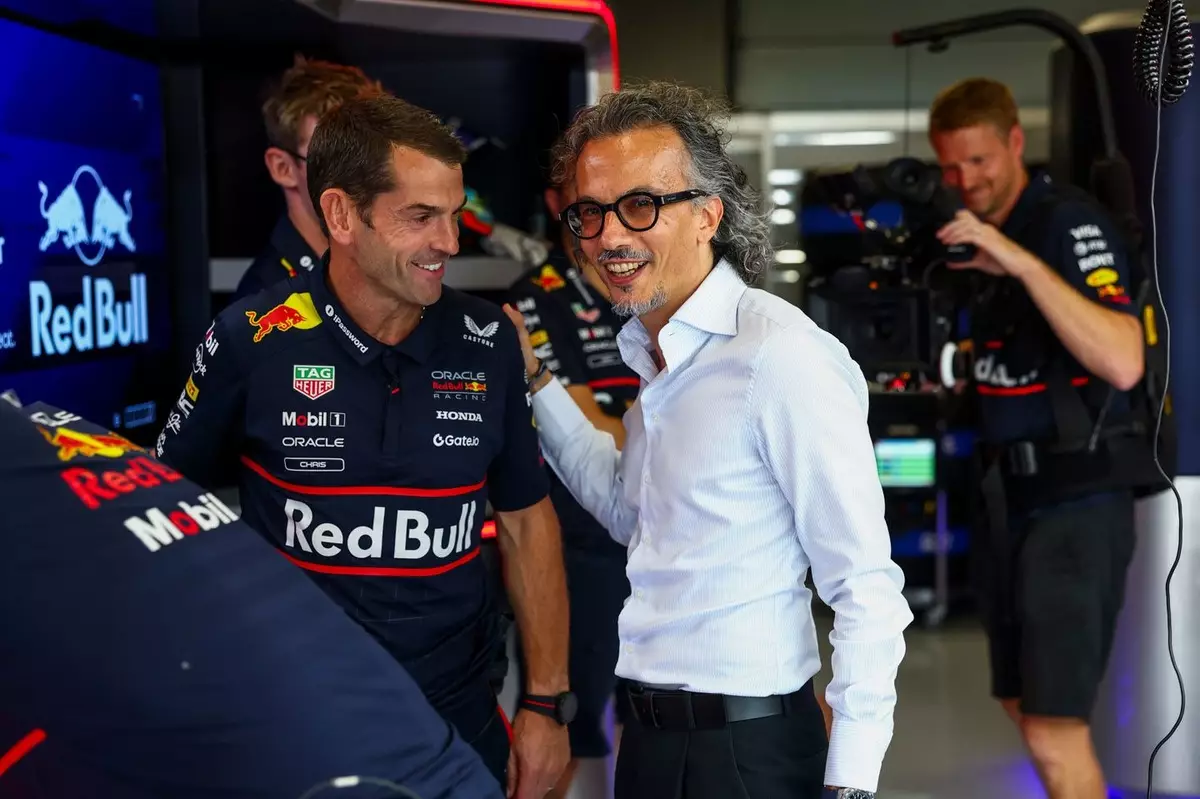In the fast-paced and highly competitive realm of Formula 1, leadership transitions can make or break a team’s trajectory. Red Bull Racing’s recent decision to appoint Laurent Mekies as its new team principal and CEO signals more than just a shuffle of personnel; it underscores a strategic move aimed at revitalizing a team at a critical crossroads. As Red Bull faces increased scrutiny due to recent fluctuations in performance and ongoing internal developments, the choice of Mekies reflects a deliberate search for stability, experience, and vision. Unlike some abrupt management changes seen in other sports or industries, Red Bull’s approach appears rooted in careful assessment and confidence in seasoned expertise, suggesting an understanding that mastery of both technical and human factors is essential for sustained success.
Why Laurent Mekies Is a Game-Changer for Red Bull
Mekies’ appointment is not simply a headline; it’s a calculated gamble on a leader with a proven track record in the turbulent environment of F1. His collaborative synergy with Racing Bulls’ staff over the last year and a half has offered a glimpse into his leadership style—focused, personable, and deeply rooted in racing fundamentals. Unlike leaders who rely solely on management authority, Mekies brings a “people first” approach, which can foster a resilient, motivated team culture. His understanding of the sport’s intricacies, coupled with his ability to manage diverse aspects—from technical innovations to driver relations—positions him as a potential stabilizing force amid the uncertainties that have lately clouded Red Bull’s skies.
The Role of Experience and Continuity in a Transformational Era
Horner’s legacy is undeniably monumental; he built Red Bull Racing from a fledgling squad into a dominant force with multiple championships. Replacing such a titan is an enormous challenge, but Mekies’ background indicates he possesses both the necessary tactical mind and emotional intelligence. His history working closely with Horner suggests that while he will bring his unique perspective, he is also well-versed in maintaining continuity. This familiarity enhances the likelihood of a smooth transition, which is crucial considering the team’s ongoing investments—most notably the internal development of power units at Milton Keynes to meet future regulations. This dual focus on innovation and stability signifies Red Bull’s strategic vision: evolve technologically without losing the essence of the team’s competitive spirit.
The Balance Between Innovation and Tradition
In the modern F1 landscape, technological innovation plays an indispensable role. The formation of Red Bull Powertrains exemplifies this—the team’s ambitious goal to produce in-house engines for 2026 is a testament to their commitment to independence and engineering excellence. Mekies’ leadership will be pivotal in aligning this engineering ambition with team management. His capacity to foster close collaboration with Racing Bulls and the Milton Keynes operation will be essential in maintaining harmony across departments. The ease of working synergy, highlighted by Permane, suggests a future where technical and managerial domains are seamlessly integrated—an imperative for staying ahead in an era driven by rapid technological breakthroughs.
The Personal and Professional Dimensions of Leadership in F1
Leadership in Formula 1 transcends mere technical skills; it’s fundamentally about inspiring teams, managing personalities, and navigating intense pressure. Permane’s praise for Mekies as a “people person” underscores an essential ingredient for success at the highest level. In a sport characterized by razor-thin margins and relentless scrutiny, the ability to unite a team under a shared vision can be a decisive factor. Furthermore, Permane’s own role underscores the significance of adaptive leadership—bridging technical expertise with strategic oversight across two major hubs in Faenza and Milton Keynes. His perspective affirms that success will hinge on the cohesion of a well-rounded, forward-looking leadership team.
An Era of Strategic Transformation and Resilience
While the near-term performance may fluctuate, the bigger picture reveals a team intent on resilience and innovation. Red Bull’s strategic investments in powertrain development and leadership overhaul indicate a calculated effort to craft a sustainable, competitive future. Instead of quick fixes, the team’s focus on long-term goals demonstrates a maturity that could redefine its trajectory. As Mekies steps into his role with a combination of experience, empathy, and strategic acumen, he embodies the leadership necessary to steer Red Bull through this transformative era. The team’s foundation—built on innovation, collaboration, and a relentless pursuit of excellence—remains its strongest asset, promising that, under the right guidance, Red Bull can reclaim its position at the pinnacle of Formula 1.


Leave a Reply